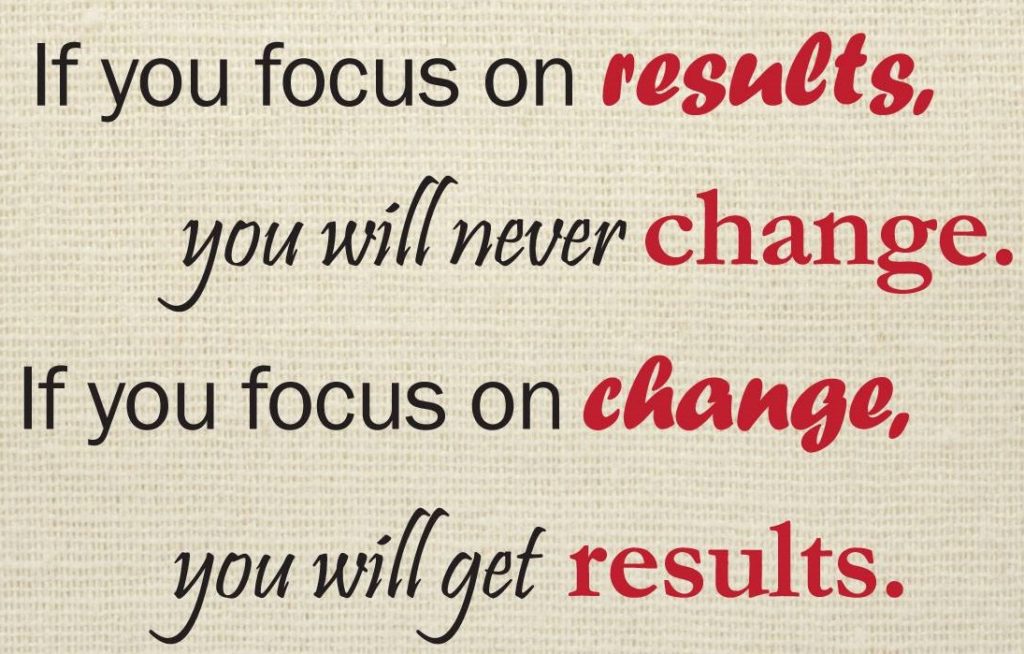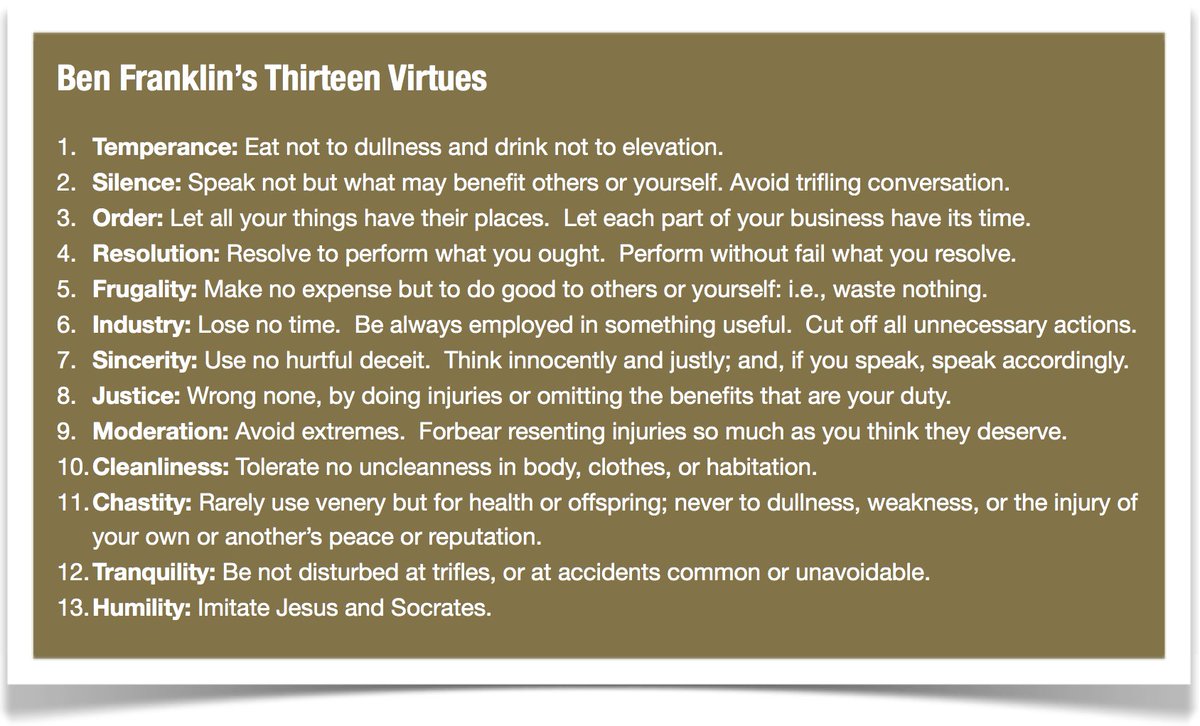
Jesse Livermore's own words on buying stocks at all-time-highs…



All the market’s a chart
And all the men and women merely traders;
They each have their exits and their entrances.
And each trader at some time or another plays one of seven parts.
There is the newbie, oftentimes crying and puking at the market’s ways.
Then the student, whining and creeping like a snail, unwilling to learn from the lessons taught by the headmaster, the market.
And then the lover, sighing and with a woefully ignored ballad for the stock to please stay, is spurned again and again.
Then the soldier, full of pious quotes and axioms, acting like a pard
Seeking to bring honor to his jealous self, sudden and quick to anger
Desirous of a quick, undeserved reputation by taking foolish risks.
And then the justice, full of well earned knowledge
His eyes sharp, his countenance etched with a trader’s experiences.
Full of wise sayings and modern instances;
And so he also plays his part in due time.
The sixth part shifts into leanness and relaxed dress.
His vision impaired; his honor held closely by his side.
The world too wide; the childish things too obvious.
He whistles as he watches the childlike newbies play.
Last scene of all, that ends this strange eventful history
Is second childishness and mere oblivion,
Sans chart, sans vision, sans desire, sans everything.
 Don’t argue with the tape but look at the other side of every coin. I’ve long noticed that as a group Russian and British traders are better than average. Why? Because by nature they question widely accepted beliefs. New opinions translate to revaluations. Leave your dogma at the door and be open to the unexpected and seemingly illogical. Winning traders have a reason to be in the trade. Even if based on nothing more than a vague, ethereal feel, a good discretionary trader has a profile in his mind and the moment his thesis is no longer provable or valid he is out of the position.
Don’t argue with the tape but look at the other side of every coin. I’ve long noticed that as a group Russian and British traders are better than average. Why? Because by nature they question widely accepted beliefs. New opinions translate to revaluations. Leave your dogma at the door and be open to the unexpected and seemingly illogical. Winning traders have a reason to be in the trade. Even if based on nothing more than a vague, ethereal feel, a good discretionary trader has a profile in his mind and the moment his thesis is no longer provable or valid he is out of the position.

 Sitting at a desk a stone’s throw from the former Lehman Brothers building in London’s Docklands, it felt pretty good to make $1,898.50 by moving my finger twice. As somebody who works for a monthly pay cheque, it was the fastest two grand I’d made in my life.
Sitting at a desk a stone’s throw from the former Lehman Brothers building in London’s Docklands, it felt pretty good to make $1,898.50 by moving my finger twice. As somebody who works for a monthly pay cheque, it was the fastest two grand I’d made in my life.
But a day’s training as a City trader taught me more than the simple lesson that money moves fast in the Square Mile. It’s also about persistence, patience, presence of mind – and making a shrewd bet.
At a beginners’ trading session at futures specialist Amplify Trading, participants could deal in currencies, oil or the widely followed S&P 500 index of US shares. I chose foreign exchange. Aware of the upheaval on the bonds market as the weak economies of Ireland and Portugal came under pressure from speculators, I chose to “go short” on the euro – a bet that the European currency would fall against the US dollar. But after trading two “lots” – a specific volume – my trade immediately went bad. Disaster.
My “professor”, managing director William de Lucy, urged against instantaneously hedging by betting in the opposite direction. He smiled and explained that trading was as much about staying the course as making the right choices. Buying and selling randomly or reacting to headlines was a recipe for failure, he said.
A few minutes later, the euro started to fall. I was exultant, without thinking for a second about family and friends in my native Spain becoming poorer, in dollar terms, as I was getting richer. Tempted to take some early profits, I thought of hedge fund manager John Paulson, who made $6bn by betting on the collapse of the US sub-prime mortgage market – and then waiting two years to close the trade. Patience.
At the risk of stereotyping, the firm says testosterone-fuelled men tend to be more active – even if there is little activity in the market – while women are more patient, consistent and selective. De Lucy says his firm tries to stop traders thinking they will make instant fortunes, reiterating that the job is a marathon, not a sprint.
“This is like a tennis match: you can’t smash the ball all the time, as you will miss the hit when the right time comes,” he said. Trading rooms as a bear pit of loud Cockney barrow-boys? That was the 1990s. They are quieter and more diverse now, he says.
So, as a trader who ticks two boxes for diversity (female and foreigner), I decided to be patient, watching my trade become more and more profitable. To distract myself, I joined the chatroom on the right of my screen, connecting former Amplify students around the world, now working at different banks and trading rooms. Since some were in Spain, I asked them what would be tougher: to bet on the financial markets or on Real Madrid winning the league?
My fun was only interrupted by the complaints of my heavy-trading, money-losing colleagues, one of whom carried out a hyperactive run of 87 trades in euros, oil and stocks to net a profit of just $6.25. After a much-needed cup of tea, my professor suggested I take some profits. I agreed, as I had already made quite a lot and, frankly, things were getting boring. Where was the craft in this job?
I took $750, thinking about one of De Lucy’s remarks: “Psychology is more than half of this game.” I looked at the towers of Canary Wharf, once full of bankers and traders who thought their systems could never go wrong.
Becoming my own chief risk officer, I called it a day half an hour before the closing bell. I had made far more than anybody else in my group, gone twice for tea, had a chat about football – it was time to cash in my chips and go.
A swift reality check ensued – it was all, of course, a paper profit. Leaving Canary Wharf, I felt the way thousands of traders must feel: that it’s all a game. With two clicks, I had made more than billions of people around the globe live on for a year. But in a sense, it’s not all paper: profits on the financial markets mean a loss to others, people I don’t know. I looked at the financial pros leaving work in a rush and wondered whether they were aware of the people and circumstances beyond their screens. Have we still not learned to consider the human factor?



